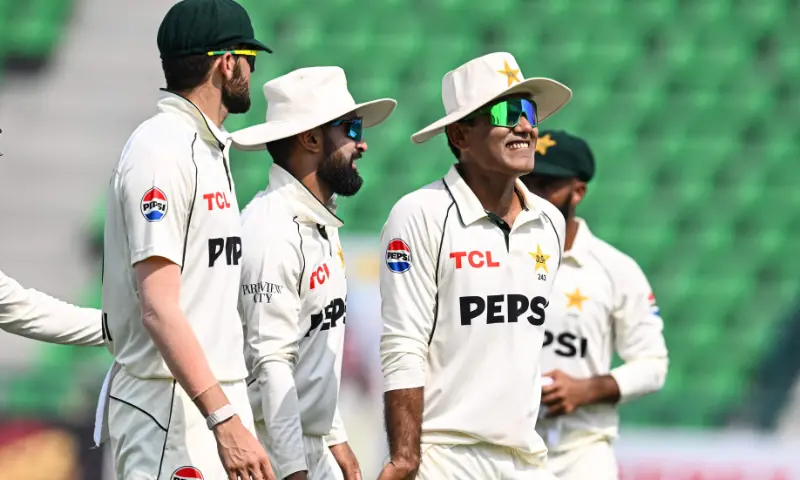Islamabad: The Central Monitoring Unit (CMU) of the Federal Government has deplored the disproportionate presence of non -professional and non -independent members in the directive boards of state entities (SOE) and an absence of effective auditing mechanisms and monitoring in these organizations.
CMU has suggested the adoption of international financial and audit standards to address government weaknesses and financial losses for the nation.
“Unfortunately, many SOE still have a disproportionate number of non-independent directors, particularly in critical sectors such as power, infrastructure and gas,” the CMU said in their analysis of the performance of state companies for fiscal year 2023-24.
He pointed out that this imbalance resulted in the domain of internal perspectives where the influence of management remains without control and critical decisions favor the groups of interested parties in the short term or specific on the long -term viability of the SOE due to a responsibility reduced.
The CMU has been created in the Ministry of Finance under the requirements of the IMF program to monitor the performance of all soes and their impact on the budget to facilitate the government to eliminate them to the private sector or close them.
To address this challenge, the CMU sugges of an organization with public expectations and investors.
Pointing out key corporate governance problems in state companies, CMU emphasized that effectiveness, responsibility and transparency depended on addressing the critical challenges of government. These challenges, if left unsolved, can lead to suboptimal performance, to increased fiscal risks and the erosion of public trust.
He also stressed that these companies undergo inappropriate monitoring and evaluation of the Board’s performance, although effective governance required consistent monitoring and evaluation of the Board.
“The current frameworks in many SOES are underdeveloped, which leads to lagoons in the responsibility and supervision of performance.”
Some of these deficiencies include weak evaluation metrics given the absence of clear key performance indicators (KPI) for the performance of the Board and the limited approach in strategic priorities.
As a result, the Boards of Directors “often do not prioritize long -term planning and compliance.”
Therefore, he requested to develop a monitoring matrix that must include specific KPIs of the sector and regular performance evaluations. “This matrix must be standardized in SOEs in sectors such as energy, gas and infrastructure to guarantee the consistency and development initiatives of the impulse Board,” he said.
The CMU expressed its discontent due to the lack of an integral database for the possible members of the Board. He said that “the absence of a well maintained database of qualified members of the Board is a large bottleneck to guarantee a competent and diverse governance.”
The lack of such resource often results in the appointments and commitments of the Board in the quality of the directors.
To address this challenge, the CMU requested the development of the centralized database of possible members of the Board who present a diverse experience of finance, law, engineering individuals, specific fields of industry and governance.
Posted in Dawn, February 21, 2025









